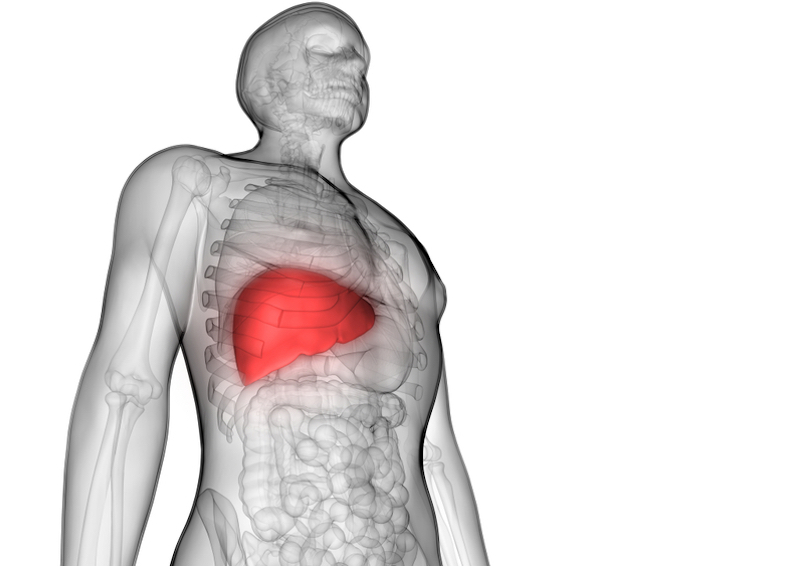Article title
N-acetylcysteine (NAC) for the prevention of liver failure in heat injury-mediated ischemic hepatitis
Abstract
Exertional Heat Illness with associated ischemic hepatitis (IH) is a common occurrence among military trainees; however, few specific therapies exist if unresponsive to appropriate supportive measures. A 27-year-old basic combat trainee presented with altered mental status, renal insufficiency, rhabdomyolysis, and a core temp of 107.9°F after collapsing during a run, leading to the diagnosis of heat stroke. While the patient’s azotemia and creatinine kinase levels rapidly improved with aggressive intravenous hydration, transaminases continued to increase to nearly 155 times the upper limit of normal. Further laboratory evaluation revealed coagulopathy and thrombocytopenia suggestive of acute liver failure (ALF). On hospital day three, the patient was started on N-acetylcysteine (NAC). Evaluation for infectious and autoimmune etiologies of ALF was unremarkable; thus, the patient’s symptomatology was attributed to IH resulting from heat stroke. Liver function normalized on NAC. Heat Injury is common among US Army recruits and results in thousands of hospitalizations in recent years. IH is characterized by diffuse hepatocyte necrosis following an episode of hemodynamic instability, and is an established sequela of Heat Injury. The mortality of IH among critically ill patients has been estimated to be as high as 60%, with those demonstrating coagulopathy especially at risk. NAC is shown to improve the transplant-free survival rate in non-acetaminophen related ALF, consistent with its proposed mechanisms of improving hepatic blood flow and conjugating toxic metabolites. NAC therapy should be considered early in the course of heat injury-mediated IH to reduce reperfusion injury, improving transplant free outcomes.
Description
The full text of this 2019 article in Military Medicine is available online at:
